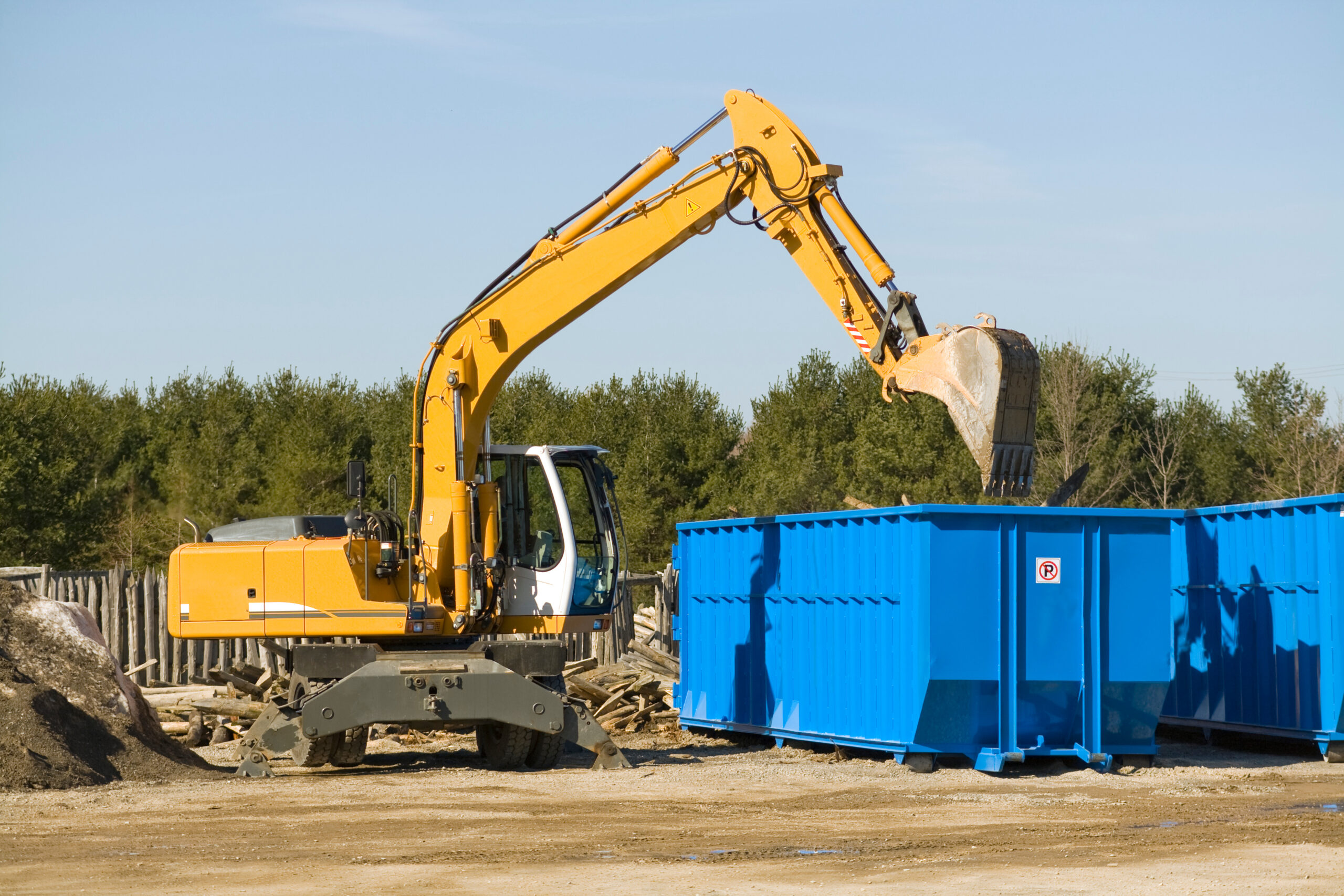Whether you are managing a home renovation, commercial build, or demolition job, waste management plays a big role in keeping your project on schedule and under budget. One of the easiest ways to handle debris is by renting a construction dumpster. These heavy-duty containers are designed to hold large volumes of waste like drywall, wood, concrete, and metal, making cleanup simple and safe.
In this article, we explain why a construction dumpster is essential for contractors and homeowners alike, how to choose the right one, and what to consider before booking.
What Is a Construction Dumpster?
A construction dumpster is a large, open-top container specifically designed for disposing of construction and demolition waste. These dumpsters are made to hold heavy loads and are usually rented on a short-term basis for the duration of a project. They come in various sizes and can handle everything from roofing shingles to broken concrete and scrap metal.
Unlike standard residential dumpsters, construction dumpsters are built for rugged use and are often delivered and picked up by a waste management company.
Why You Need a Construction Dumpster
1. Keeps Your Job Site Clean and Safe
A cluttered construction site can be dangerous. Piles of debris, nails, and sharp materials increase the risk of accidents. A designated construction dumpster keeps waste organized and contained, reducing tripping hazards and ensuring a safer work environment for your crew.
2. Saves Time and Money
Making multiple trips to the landfill is time consuming and costly, especially if you are hauling heavy loads. Renting a construction dumpster allows you to focus on the project while the waste company handles disposal. Most providers offer prompt drop off and pickup services, helping you avoid delays.
3. Handles All Types of Construction Debris
Construction dumpsters are designed to hold a wide range of materials, including:
-
Drywall and plaster
-
Wood and framing
-
Roofing shingles
-
Concrete and asphalt
-
Metal and pipes
-
Windows and doors
Having one container for all waste types makes sorting and hauling easier.
Choosing the Right Size
Construction dumpsters come in various sizes, usually measured in cubic yards. The right size depends on the scope of your project. Here are some common options:
-
10 Yard Dumpster: Great for small renovations or cleanouts. Holds about 3 pickup truck loads.
-
20 Yard Dumpster: Ideal for kitchen or bathroom remodels. Holds around 6 truck loads.
-
30 Yard Dumpster: Suitable for major construction or demolition projects. Holds up to 9 truck loads.
-
40 Yard Dumpster: Best for large commercial jobs. Holds about 12 truck loads.
When in doubt, choose a slightly larger size to avoid overfilling or needing a second rental.
What You Can and Cannot Throw Away
Most construction materials are allowed in a construction dumpster, but some items are restricted. Typically accepted materials include:
-
Lumber and plywood
-
Siding and trim
-
Tiles and flooring
-
Insulation and carpet
Prohibited items often include:
-
Hazardous chemicals
-
Paint and solvents
-
Batteries
-
Asbestos
-
Tires
Always check with your dumpster provider for a full list of acceptable materials.
How Much Does It Cost?
The cost of renting a construction dumpster depends on the size, rental duration, and location. On average, prices range from $300 to $800 per rental. Be sure to ask if the price includes delivery, pickup, and disposal fees to avoid surprise charges.
Tips for a Smooth Rental Experience
-
Reserve your dumpster in advance, especially during peak construction seasons.
-
Choose a flat, accessible spot for drop off.
-
Do not overfill the dumpster beyond the marked fill line.
-
Separate prohibited items to avoid extra charges.
Conclusion
A construction dumpster is a must-have tool for any building or remodeling project. It simplifies cleanup, improves safety, and saves you valuable time and effort. Whether you are a contractor or homeowner, having the right dumpster on site ensures that your project runs smoothly from start to finish.
If you are planning your next project, contact a local waste management company to discuss your construction dumpster options and get a quote tailored to your needs.



